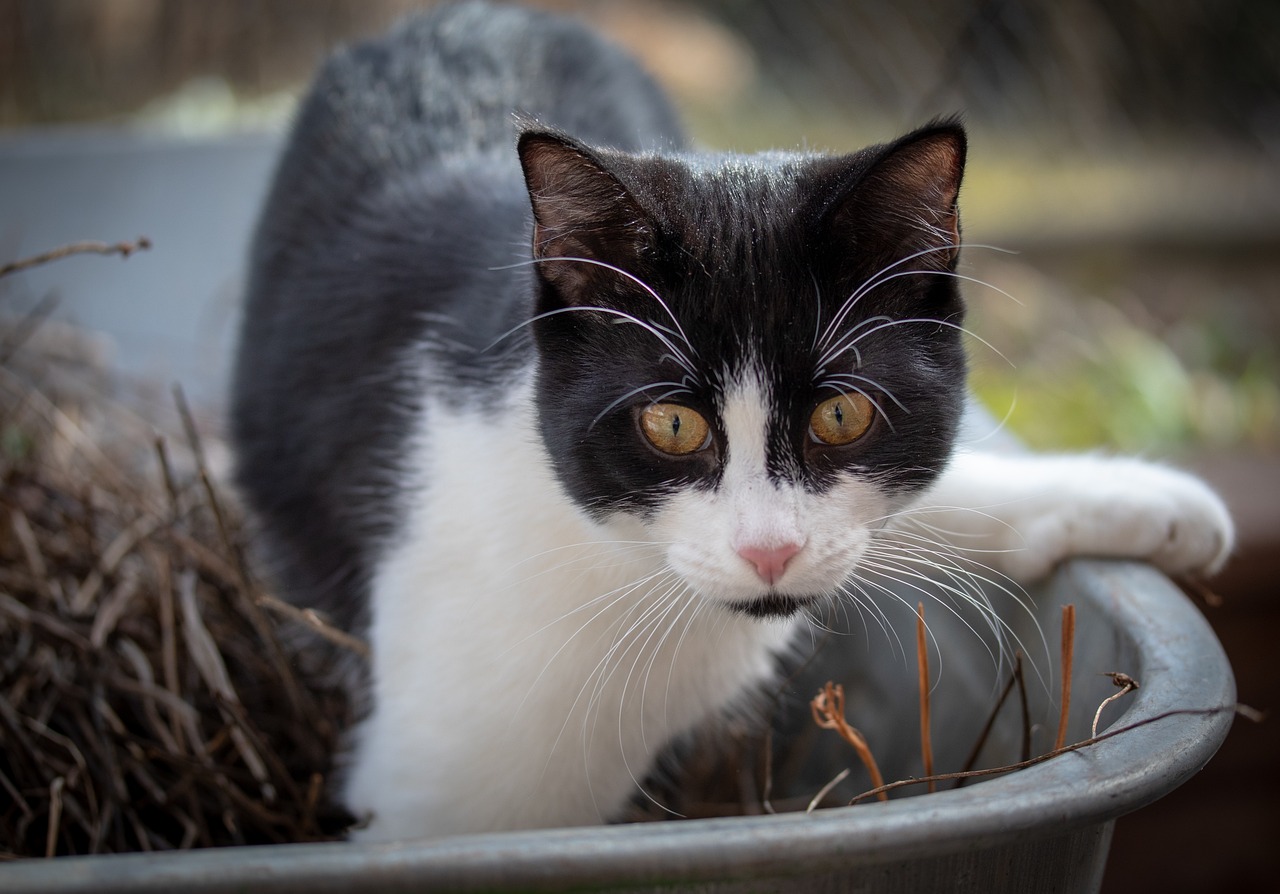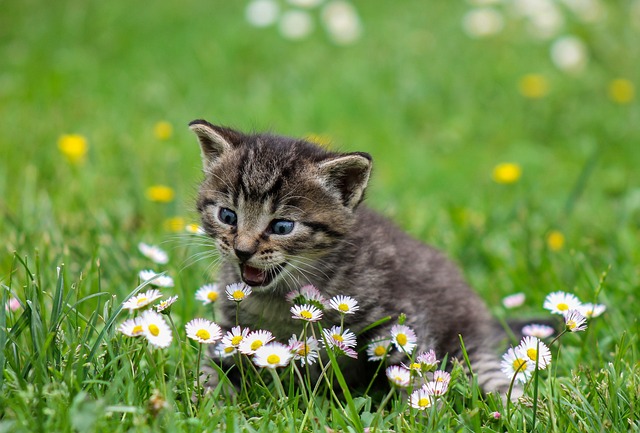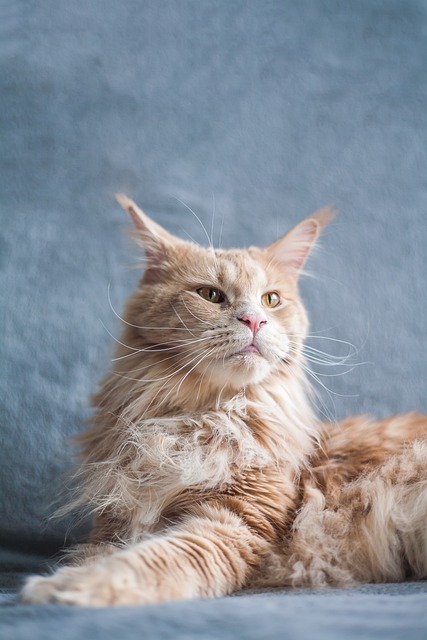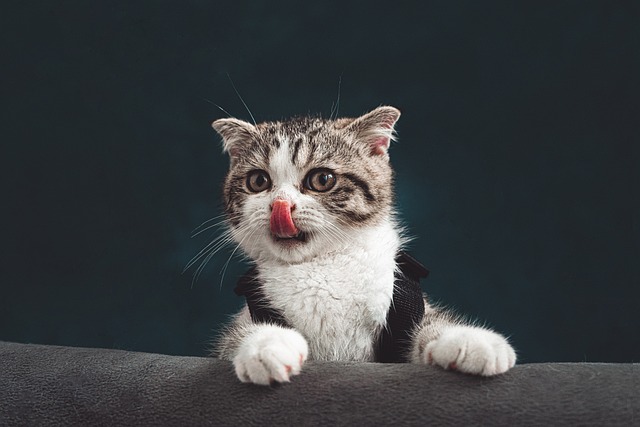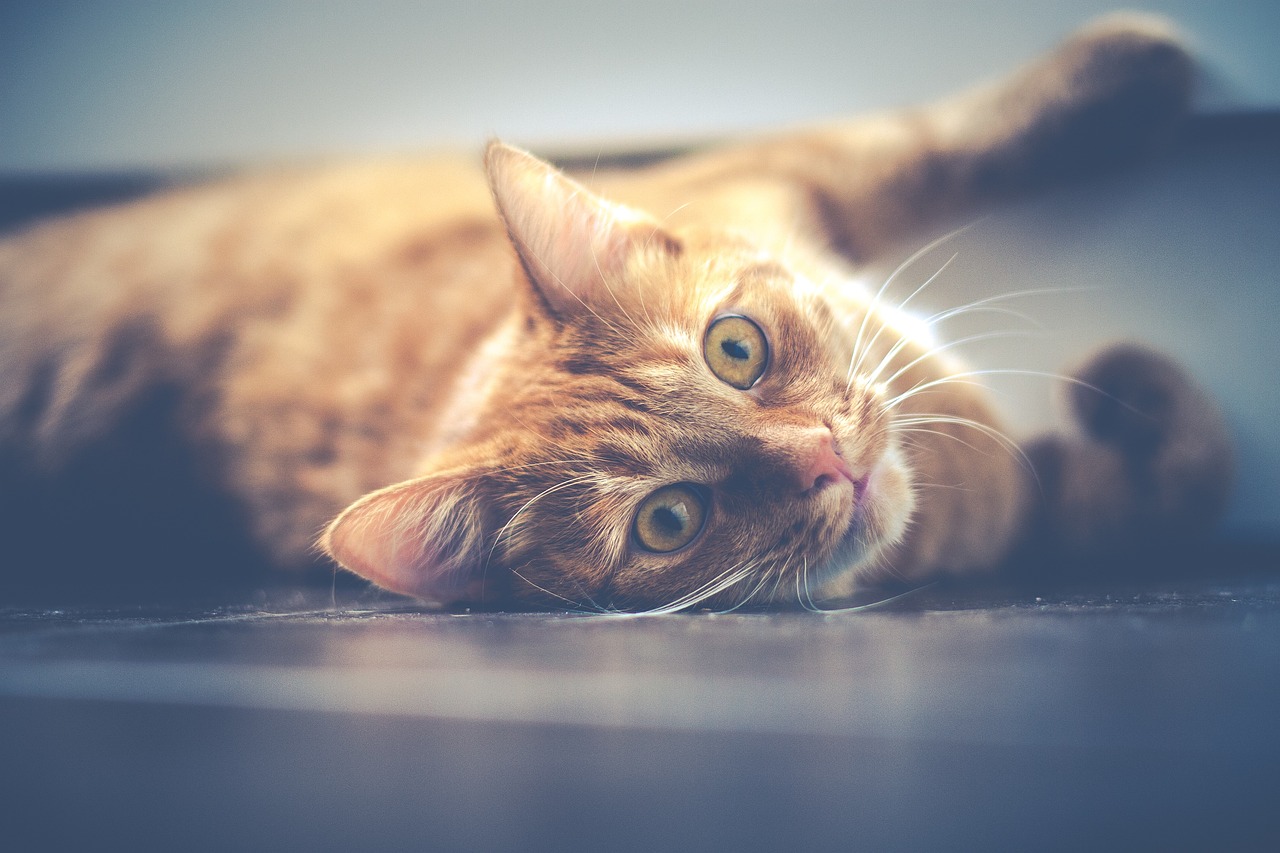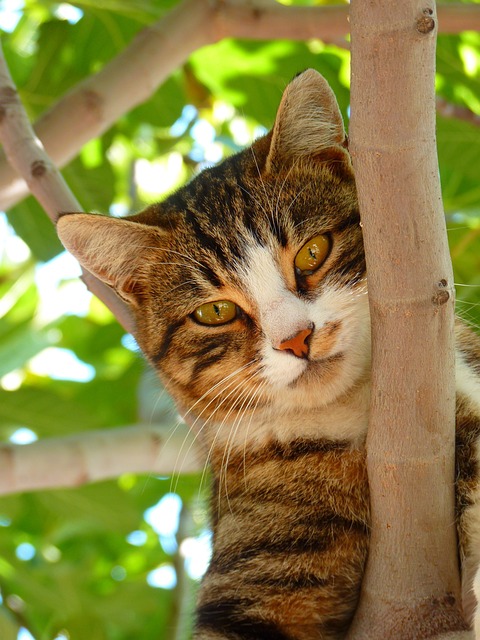Is your beloved kitty causing you concern with frequent bouts of vomiting? Take a breath – there’s likely a sensible explanation behind this unsettling behavior. Let’s dive into the various reasons behind cat vomiting and what you can do to lend a helping hand.
Understanding Cat Vomiting
Distinguishing between vomiting and regurgitation is key to figuring out what’s going on. Vomiting involves active stomach muscle contractions, leading to the expulsion of partially digested food or stomach contents. Regurgitation, on the other hand, is a more passive process, where undigested food or saliva is brought up from the esophagus without abdominal effort.
A bunch of factors could be contributing to your cat’s vomiting episodes. Hairballs are a common culprit; as cats groom themselves by licking, loose hairs can build up in their stomachs, leading to irritation and eventual vomiting. Abrupt diet changes or new foods can also upset their delicate digestive systems.
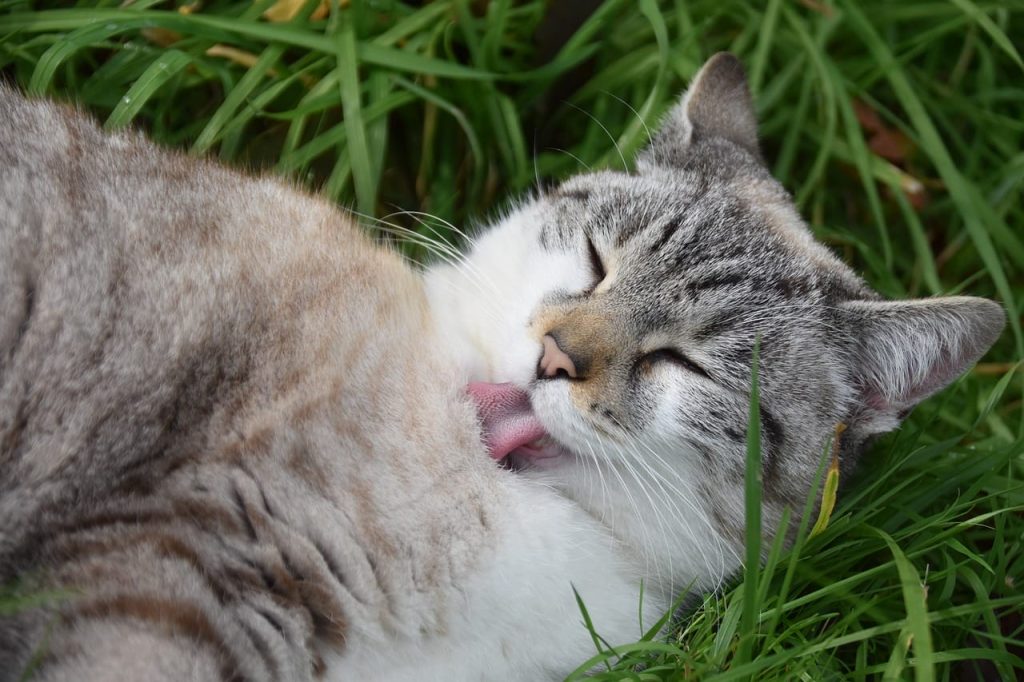
Common Causes of Cat Vomiting
A bunch of factors could be contributing to your cat’s vomiting episodes:
- Hairballs: Cats groom themselves by licking their fur, which can lead to the ingestion of hair. Hairballs can accumulate in the stomach and cause vomiting.
- Dietary Indiscretion: Cats may vomit if they eat too quickly, overeat, or consume something indigestible or irritating, such as spoiled food, plants, or foreign objects.
- Gastrointestinal Upset: Cats may experience vomiting due to gastrointestinal issues such as gastritis (inflammation of the stomach lining), gastroenteritis (inflammation of the stomach and intestines), or dietary intolerance.
- Hairball Obstruction: In some cases, hairballs may become lodged in the cat’s digestive tract, causing a blockage and subsequent vomiting.
- Parasites: Internal parasites such as roundworms, hookworms, or giardia can irritate the gastrointestinal tract and lead to vomiting.
- Infections: Bacterial, viral, or fungal infections of the digestive system can cause vomiting as a symptom.
- Inflammatory Bowel Disease (IBD): IBD is a chronic inflammatory condition of the digestive tract that can cause vomiting, diarrhea, and weight loss in cats.
- Pancreatitis: Inflammation of the pancreas can cause vomiting, abdominal pain, and loss of appetite in cats.
- Liver or Kidney Disease: Cats with liver or kidney disease may experience vomiting as a symptom of their underlying condition.
- Toxins or Poisons: Ingestion of toxic substances such as certain plants, household chemicals, or medications can cause vomiting in cats.
- Stress or Anxiety: Cats may vomit in response to stressful situations such as changes in their environment, introduction of new pets, or loud noises.
When to Worry About Cat Vomiting
While the occasional barf session is pretty normal for cats, keep an eye on the frequency, consistency, vomit color and accompanying symptoms to gauge if medical attention is needed. Persistent vomiting, especially with diarrhea, lethargy, weight loss, or blood in the vomit, warrants a visit to the vet.
Vomiting could also signal an underlying health issue like gastrointestinal infections, food allergies, kidney disease, or parasites. Identifying and tackling these issues early is crucial for your cat’s well-being.
Preventing Cat Vomiting
Prevention beats cure, and there are steps you can take to minimize vomiting episodes. Start with their diet – feeding your cat a balanced, high-quality diet tailored to their nutritional needs can work wonders for their digestive health. Stick to cat food that’s gentle on their stomachs and avoid sudden dietary switches.
Regular brushing can help prevent excessive fur ingestion during grooming, reducing the likelihood of hairballs. And make sure your cat stays hydrated; dehydration can worsen vomiting.
Diet and Nutrition Tips
What your cat eats matters for their digestion and overall health. Look for high-quality, commercially available cat food that suits their age, size, and any specific health conditions they might have. Opt for products with easily digestible proteins and minimal fillers.
Consider feeding smaller, more frequent meals to ease the strain on their tummies.
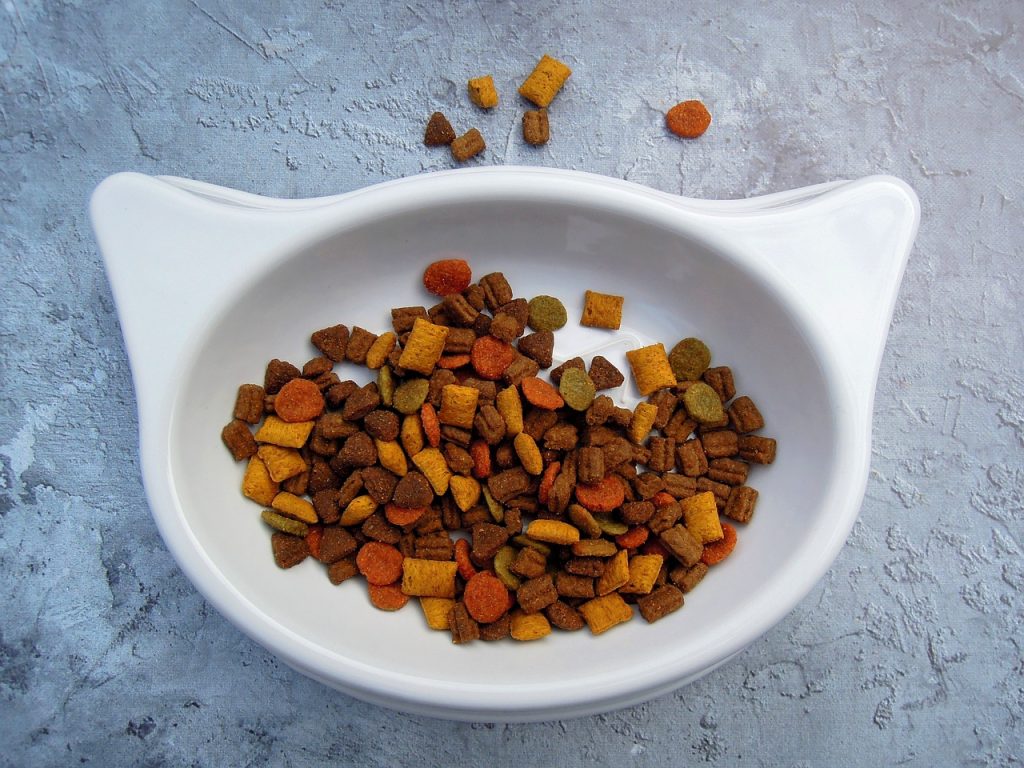
Home Remedies for Cat Vomiting
For occasional vomiting in an otherwise healthy cat, you might try some home remedies under vet guidance. Plain, unsalted chicken or turkey baby food can be soothing for upset stomachs. Probiotics can help restore gut balance and aid digestion – but always check with your vet first.
When to See the Vet
If vomiting becomes frequent, severe, or comes with other concerning symptoms, it’s time for a vet visit. They’ll run tests to pinpoint the cause and develop a treatment plan.
Treatment Options
Treatment depends on the underlying cause. From hairball remedies to dietary changes or medications for infections, your vet will tailor a plan to your cat’s needs.
Conclusion: Managing Cat Vomiting
Cat vomiting can stem from various factors, so staying vigilant and proactive is key. With the right diet, care, and vet support, you can minimize vomiting and keep your kitty feeling their best.
Ensure they have a balanced diet, keep stress levels low, and schedule regular vet check-ups. By staying attentive to their needs, you’ll help them lead a happy, healthy life.

